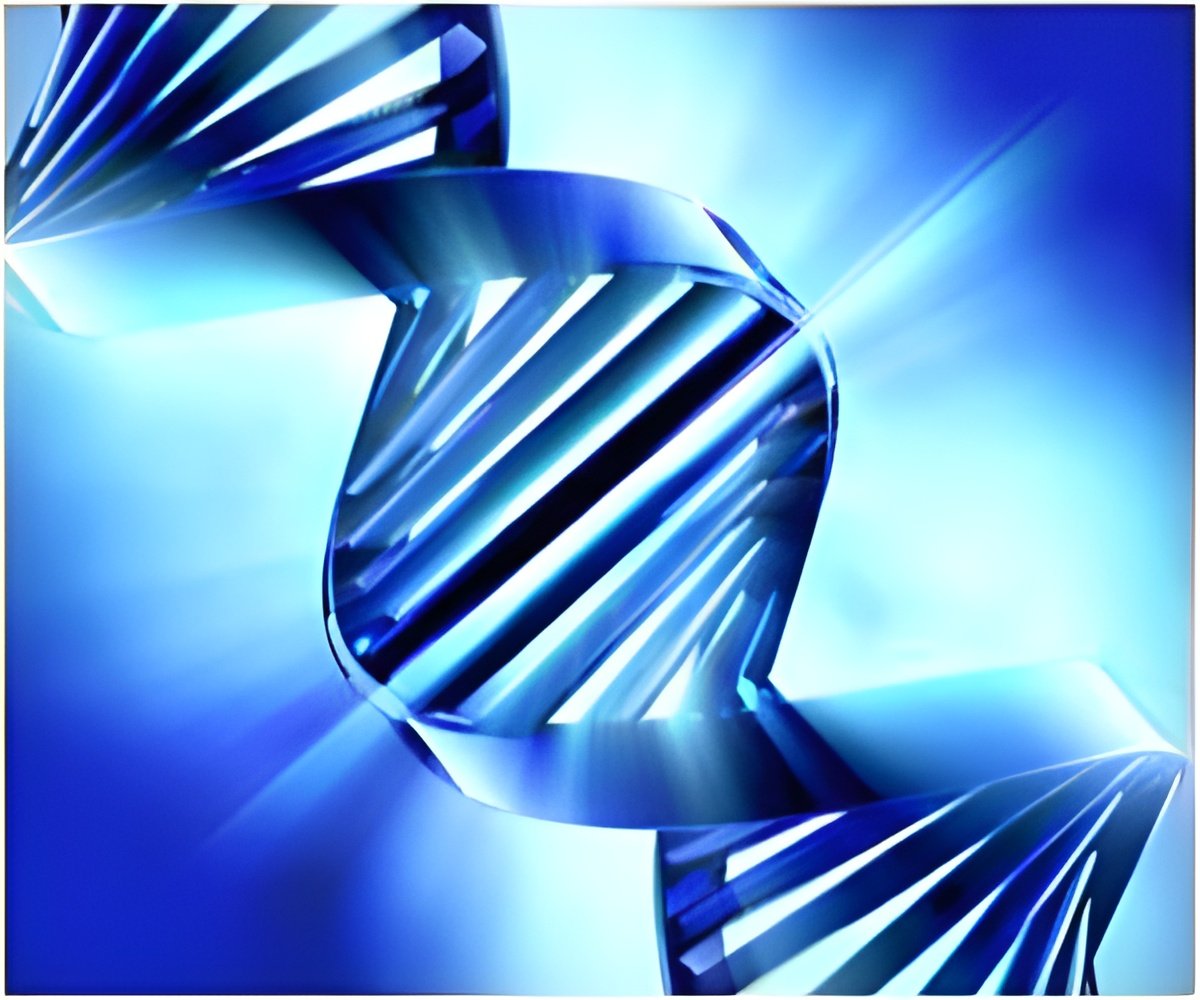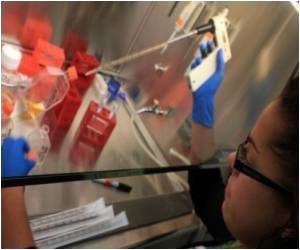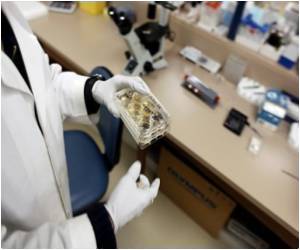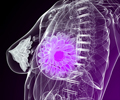
What this means is that treating prostate and breast cancers require completely opposite approaches to AR. In treating prostate cancer, the strategy should be to block AR; in breast cancer, the strategy should be to support AR production, the report said.
Researchers from Cleveland Clinic's Lerner Research Institute, including Charis Eng, M.D., Ph.D., Chair, Genomic Medicine Institute; Robert Silverman, Ph.D., and Warren Heston, Ph.D., both of the Department of Cancer Biology; focused on whether the androgen receptor (AR) molecule offers evidence of the tumour suppressor protein PTEN. The research discovered that AR inhibits PTEN expression in prostate cancer cells, but stimulates it in breast cancer cells.
The findings explain why prostate cancer progression is associated with increased AR expression (and a common prostate cancer treatment strategy involves blocking AR), while most breast cancers occur post-menopause, after AR production has ceased (making AR supplementation a strategy for treating breast cancer).
"We now see how androgen affects PTEN expression - and ultimately cancer," said Dr. Eng.
"Our observations help explain why this prostate cancer risk can be halved by drinking red wine, which increases PTEN expression. Our data also suggest that treatment of the exact same cancer must be personalized for males and for females," he added.
Advertisement
Source-ANI









![Prostate Specific Antigen [PSA] Prostate Specific Antigen [PSA]](https://www.medindia.net/images/common/patientinfo/120_100/prostate-specific-antigen.jpg)





